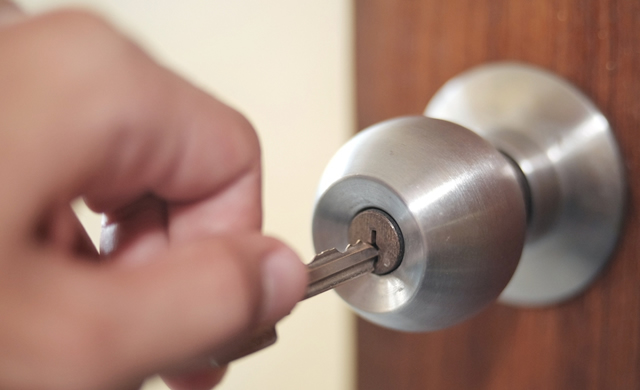5 Scams Targeting New Homeowners
Texas REALTORS Staff2024-07-02T16:20:45-05:00Buying a home is exciting. However, scammers may try to use your excitement and inexperience against you. Watch out for these attempts to defraud you. Partner Companies Be wary if you receive a letter from a company claiming to be a partner or associated with your mortgage lender wanting additional information for your loan. Since you have already closed on your home, it is a scam. Do not give out your personal or financial information. Deed Processing Notice If you get a bill stating you owe money for a copy of your deed or property assessment profile, don’t pay it. Property deeds are mailed to you free after a sale or transfer. If you need an additional copy, you can order one through your county clerk’s office. Business Imposters Legitimate utility companies will not call or show up at your door asking for payment through a money order, cryptocurrency, or other nontraceable forms. They also will not ask to see your bill or account information. When you receive a bill, always verify the email, business address, and phone number is correct. Fraudsters often use real company names and logos to trick you into thinking the bill is real. Home Warranty Con Did you know you are not required to purchase a home warranty? If you want one, research and contact companies with good reputations. Beware of companies claiming your home warranty is expiring or has already expired and that payment is needed. Loan Scams Companies that urge you to refinance shortly after closing make money on excessive loan fees—putting you at a higher interest rate than you currently have. It’s always best to research the best lender for a refinance instead of responding to a cold call or advertisement. Since this is not an exhaustive list, work with your trusted REALTOR®. Ask for advice on how to spot real estate scams and ways to protect yourself.









